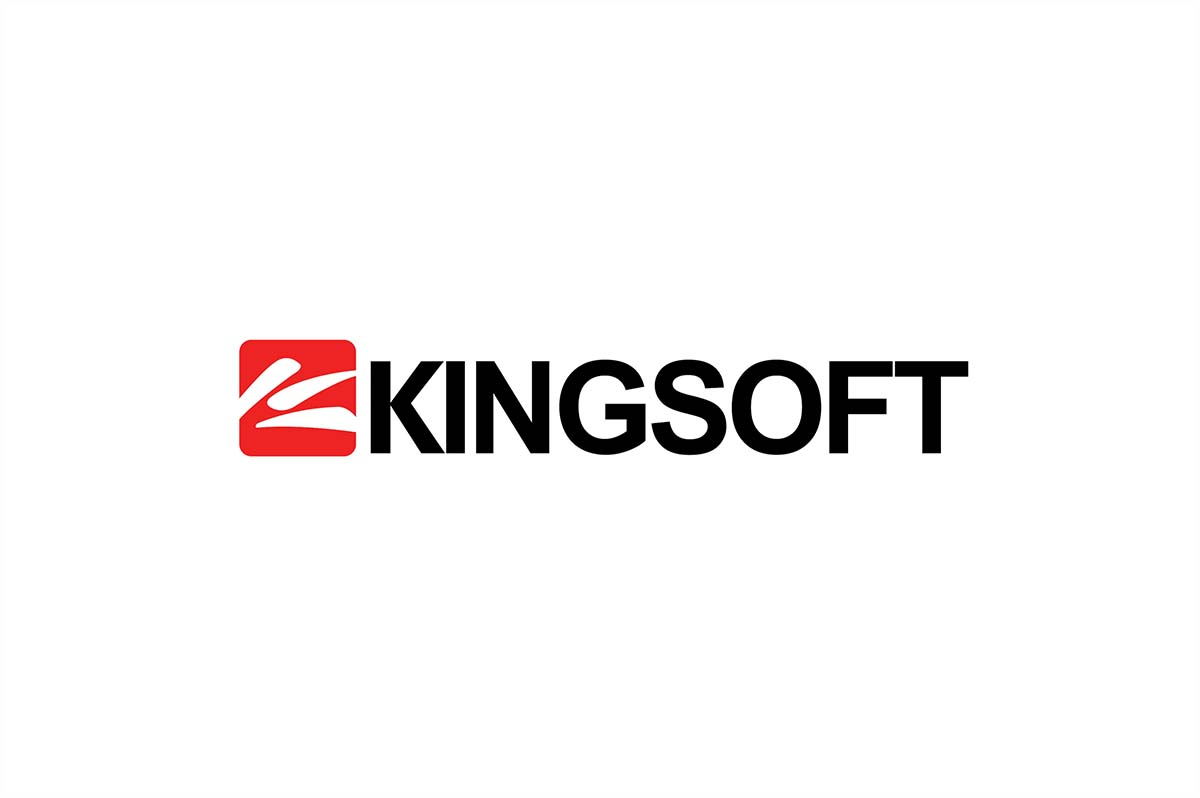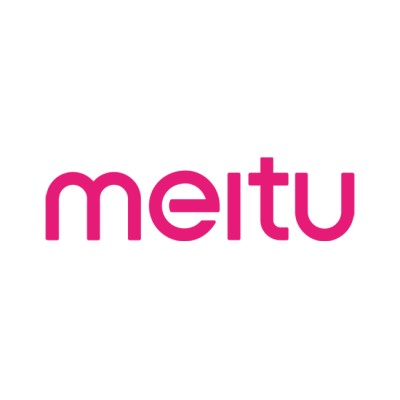Huawei's Bold Leap: A New Era with HarmonyOS Laptops
May 20, 2025, 3:39 pm
Huawei has stepped into uncharted waters. The tech giant recently unveiled its first laptops powered by its own Harmony operating system. This move is a direct challenge to the long-standing dominance of Microsoft and Apple in the global operating system market. As the U.S. tightens its grip on technology exports, Huawei is carving its own path.
The MateBook Fold and MateBook Pro are the new warriors in Huawei's arsenal. They are not just laptops; they are symbols of resilience and innovation. The MateBook Fold features an 18-inch OLED double screen that unfolds like a butterfly, while the MateBook Pro retains a traditional keyboard layout. Both models run on HarmonyOS 5, a system that has been in the making since 2015. This is Huawei's answer to years of dependency on Western technology.
The backdrop of this launch is a complex geopolitical landscape. Since 2019, the U.S. has restricted Huawei's access to critical technology, citing national security concerns. This has forced the company to innovate from within. The HarmonyOS is not just a software; it’s a lifeline. It offers over 150 applications, including alternatives to Microsoft Office and popular photo editing tools. The ecosystem is growing, with over 7.2 million developers contributing to HarmonyOS, which is now installed on over a billion devices.
Pricing for these new laptops reflects their premium positioning. The MateBook Fold starts at approximately $3,328, while the MateBook Pro begins at around $1,116. These prices may seem steep, but they reflect the investment in new manufacturing technologies. Huawei has not disclosed the specific processors used in these laptops, leaving some questions unanswered. However, the company is clearly betting on its ability to create a competitive product without relying on U.S. chipmakers.
The launch event was a spectacle, showcasing Huawei's determination to break free from the constraints imposed by the U.S. government. The company’s executives emphasized that the Harmony laptop offers a new choice to consumers. This is not just about hardware; it’s about a vision for a self-sufficient tech ecosystem. Huawei aims to empower users with alternatives that do not rely on traditional powerhouses.
The HarmonyOS has evolved significantly since its inception. Initially designed for smartphones, it has now expanded to include laptops, TVs, and other smart devices. This diversification is crucial for Huawei as it seeks to establish a foothold in a market dominated by familiar names. The challenge is steep, but Huawei is not backing down. It is leveraging its vast experience in hardware production to create a seamless user experience across devices.
As Huawei navigates this new territory, it faces skepticism. Many consumers are accustomed to the reliability and familiarity of Windows and macOS. Transitioning to a new operating system is no small feat. However, Huawei is betting on its growing app ecosystem to entice users. The inclusion of popular applications like WPS Office could sway those hesitant to make the switch.
The geopolitical tensions surrounding Huawei cannot be ignored. The U.S. has made it clear that it views the company as a potential security threat. This has led to a series of sanctions and restrictions that have complicated Huawei's operations. Yet, rather than retreating, Huawei has chosen to innovate. The development of HarmonyOS is a testament to its resilience.
In a world where technology is often a battleground for political power, Huawei's move is both strategic and symbolic. It represents a shift towards self-reliance in the tech industry. The company is not just creating products; it is building a narrative of independence. This narrative resonates with consumers who are increasingly aware of the implications of their tech choices.
The success of Huawei's laptops will depend on several factors. User experience, app availability, and brand perception will play critical roles. If Huawei can deliver a compelling product that meets consumer needs, it may carve out a significant niche in the market. The road ahead is fraught with challenges, but Huawei is poised to make its mark.
In conclusion, Huawei's launch of laptops with HarmonyOS is more than a product release; it is a bold statement of intent. It signals a new chapter in the tech landscape, one where alternatives to established giants are emerging. As the world watches, Huawei is ready to redefine what it means to be a tech leader. The future is uncertain, but one thing is clear: Huawei is not going quietly into the night. It is charging forward, ready to take on the giants of the industry.
The MateBook Fold and MateBook Pro are the new warriors in Huawei's arsenal. They are not just laptops; they are symbols of resilience and innovation. The MateBook Fold features an 18-inch OLED double screen that unfolds like a butterfly, while the MateBook Pro retains a traditional keyboard layout. Both models run on HarmonyOS 5, a system that has been in the making since 2015. This is Huawei's answer to years of dependency on Western technology.
The backdrop of this launch is a complex geopolitical landscape. Since 2019, the U.S. has restricted Huawei's access to critical technology, citing national security concerns. This has forced the company to innovate from within. The HarmonyOS is not just a software; it’s a lifeline. It offers over 150 applications, including alternatives to Microsoft Office and popular photo editing tools. The ecosystem is growing, with over 7.2 million developers contributing to HarmonyOS, which is now installed on over a billion devices.
Pricing for these new laptops reflects their premium positioning. The MateBook Fold starts at approximately $3,328, while the MateBook Pro begins at around $1,116. These prices may seem steep, but they reflect the investment in new manufacturing technologies. Huawei has not disclosed the specific processors used in these laptops, leaving some questions unanswered. However, the company is clearly betting on its ability to create a competitive product without relying on U.S. chipmakers.
The launch event was a spectacle, showcasing Huawei's determination to break free from the constraints imposed by the U.S. government. The company’s executives emphasized that the Harmony laptop offers a new choice to consumers. This is not just about hardware; it’s about a vision for a self-sufficient tech ecosystem. Huawei aims to empower users with alternatives that do not rely on traditional powerhouses.
The HarmonyOS has evolved significantly since its inception. Initially designed for smartphones, it has now expanded to include laptops, TVs, and other smart devices. This diversification is crucial for Huawei as it seeks to establish a foothold in a market dominated by familiar names. The challenge is steep, but Huawei is not backing down. It is leveraging its vast experience in hardware production to create a seamless user experience across devices.
As Huawei navigates this new territory, it faces skepticism. Many consumers are accustomed to the reliability and familiarity of Windows and macOS. Transitioning to a new operating system is no small feat. However, Huawei is betting on its growing app ecosystem to entice users. The inclusion of popular applications like WPS Office could sway those hesitant to make the switch.
The geopolitical tensions surrounding Huawei cannot be ignored. The U.S. has made it clear that it views the company as a potential security threat. This has led to a series of sanctions and restrictions that have complicated Huawei's operations. Yet, rather than retreating, Huawei has chosen to innovate. The development of HarmonyOS is a testament to its resilience.
In a world where technology is often a battleground for political power, Huawei's move is both strategic and symbolic. It represents a shift towards self-reliance in the tech industry. The company is not just creating products; it is building a narrative of independence. This narrative resonates with consumers who are increasingly aware of the implications of their tech choices.
The success of Huawei's laptops will depend on several factors. User experience, app availability, and brand perception will play critical roles. If Huawei can deliver a compelling product that meets consumer needs, it may carve out a significant niche in the market. The road ahead is fraught with challenges, but Huawei is poised to make its mark.
In conclusion, Huawei's launch of laptops with HarmonyOS is more than a product release; it is a bold statement of intent. It signals a new chapter in the tech landscape, one where alternatives to established giants are emerging. As the world watches, Huawei is ready to redefine what it means to be a tech leader. The future is uncertain, but one thing is clear: Huawei is not going quietly into the night. It is charging forward, ready to take on the giants of the industry.


